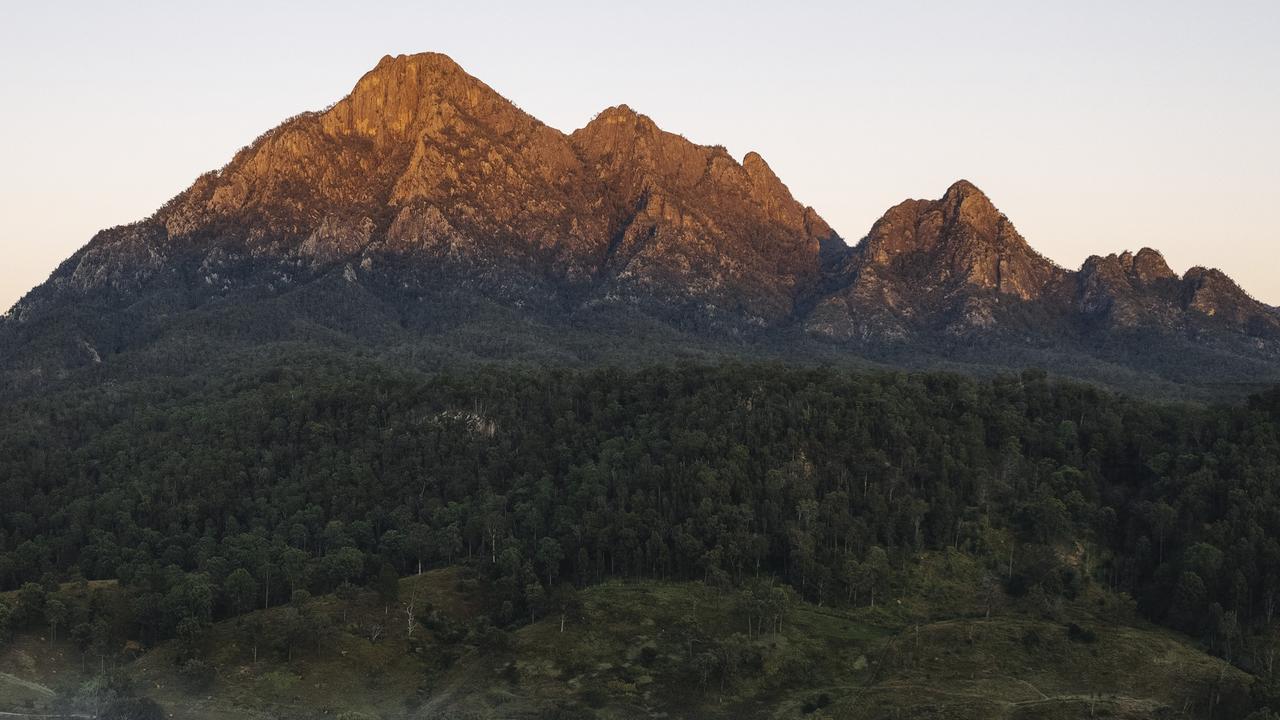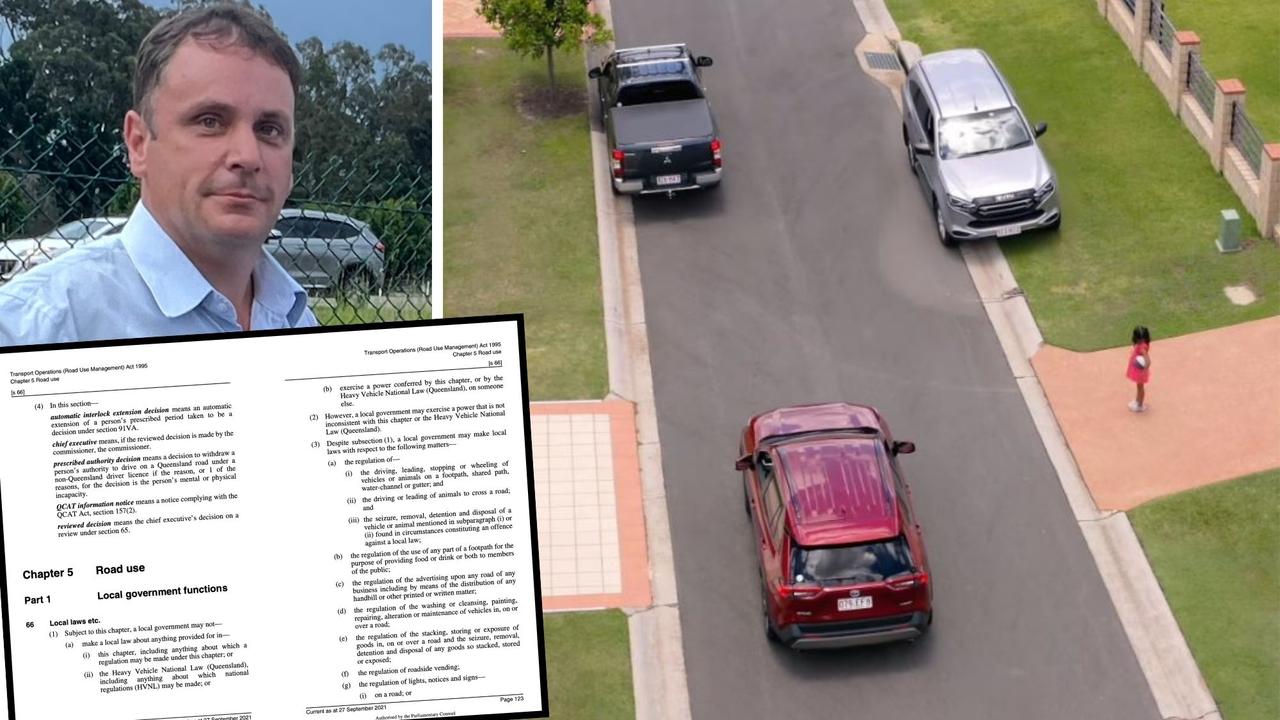Southport Private Hospital has invested $8 million into its mental health services at Gold Coast battles spike in demand
With mental health services at breaking point, one Gold Coast provider has invested millions to offer radical new services.

Gold Coast
Don't miss out on the headlines from Gold Coast. Followed categories will be added to My News.
THE Southport Private Hospital has invested $8 million into its mental health services, revamping its ward and providing new specialty care services exclusive to the Gold Coast.
In addition to increasing bed capacity from 24 to 48, the redevelopment has bolstered the hospital’s inpatient and outpatient care programs, providing services for people living with depression and anxiety disorders and other speciality needs.
The hospital’s director of clinical services Athol Webb said the new facility was a much-needed solution to the rise in demand for mental health services on the Gold Coast and offered services that set it apart from other providers.
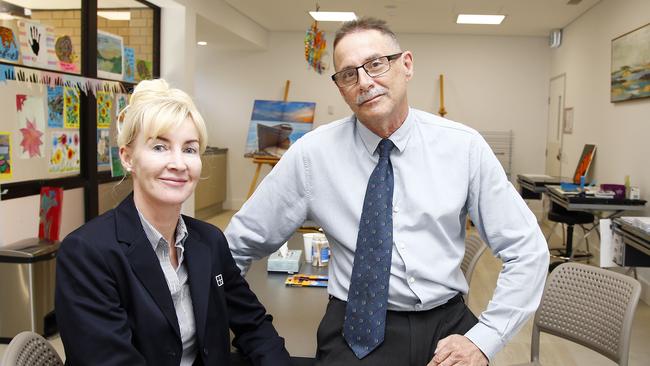
“Our recently commenced private electroconvulsive therapy, used to treat certain psychiatric conditions, is the only one of its kind on the Gold Coast. This means locals won’t have to travel to Brisbane to access this important service,” he said.
Also new was access to a modern gym, art classes and music room along with yoga classes and exercise physiology.
Gold Coaster Kyle was part of the hospital’s outpatient program for 20 weeks in order to manage his anxiety and depression.
“Prior to this service, I would have described my life as wild. I had a distorted sense of what was best for me, and what I registered as strength and pride to endure my illnesses was shaken but the program helped me focus and re-evaluate every moment I’m living,” he said.
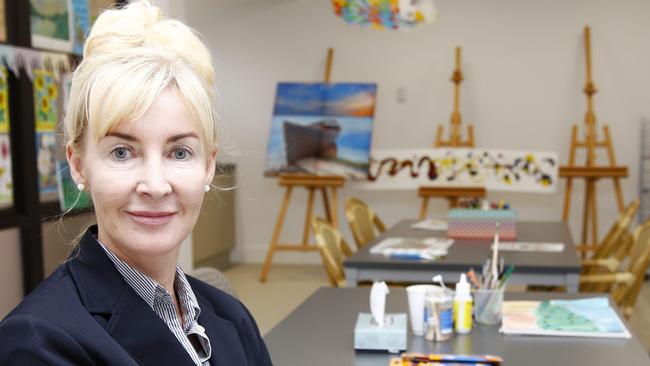
“For me, it is reassuring to now have a better understanding of the terminology and the science behind my reactions and why they were happening. In addition, the group consultations allowed me to feel safe, hearing another story or experience that I could relate to, and being with like-minded people.”
A newly designed sensory space, in which the environment can be controlled to reduce levels of distress, features low-level lighting, strategic sight, sounds, smells, movement and equipment such as weighted blankets and massage chairs.
Mr Webb said Dr Sandra Fang was the new director of the ward and several new psychiatrists had been added to the team.
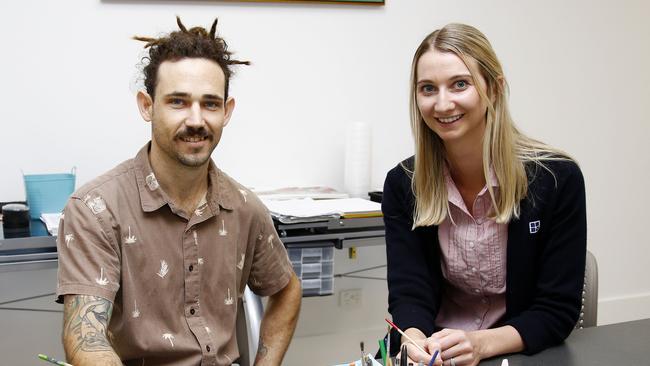
JUNE 10... 2020
MENTAL health advocates fear the number of suicides will increase by up to 50 per cent as businesses crawl back from the coronavirus pandemic.
LIVIN co-founder and chief executive Casey Lyons said governments had to take into account the mental health implications when making decisions in regards to lifting restrictions.
“Mental health awareness is now more crucial than ever before. Early anecdotal evidence suggests suicides could potentially increase by 50 per cent during the aftershock phase of the coronavirus pandemic,” he said.
“During these unprecedented times of uncertainty and ambiguity, our mental health is being tested and ongoing support and care for our community is of the utmost importance. Mental health doesn’t discriminate.”
In the past year, inquiries for the LIVINWell Workplace program have skyrocketed by 70
per cent, with close to a 30 per cent increase during the COVID-19 pandemic alone.
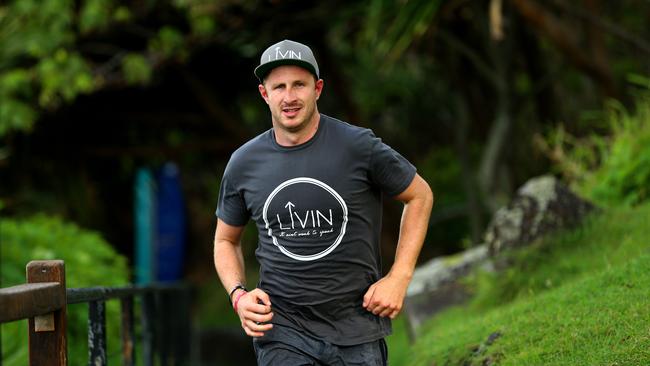
NEED HELP?
Lifeline: 13 11 14
Beyond Blue: 1300 22 4636
Suicide Call Back Service 1300 659 467
Kids Help Line 1800 55 1800
Preliminary data from the Australian Bureau of Statistics shows 3046 people took their lives in 2018, with an average of 8.3 deaths per day across the country. Queensland recorded the second highest number of suicides in Australia, 786, behind NSW with 899. From 2016-2018, 271 Gold Coasters died of suspected suicide. Nationally, the rate of suicide is three times greater for males.
Griffith Professor David Crompton OAM, from the Australian Institute for Suicide Research and Prevention, is undertaking a study on the impacts business shut downs have had on the suicide rate.
He said while data showed there had been a slight increase in suicides, it was still “early days”.
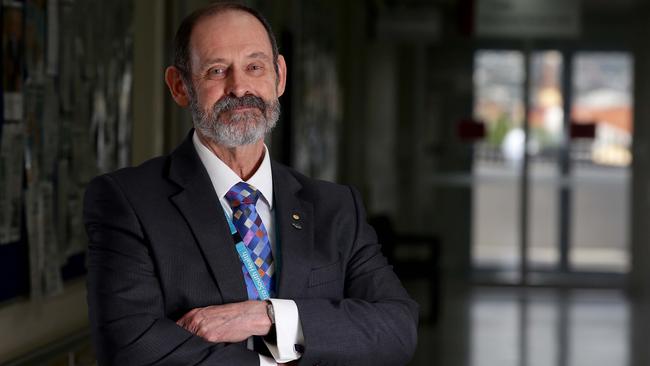
“Some reports state an increase will be at 50 per cent, but there is difficulty to predict this, as it depends on how long the economic impact is expected to continue,” Prof Crompton said.
“If you look at COVID-19 in terms of natural disasters, there is often a decline in the rate immediately after an event as social support is put in place, but two to four years later there starts to be an increase due to the withdrawal of that support.”
MORE NEWS
State’s border defence slammed as ‘ludicrous’
Sharks ‘in shock’ over tragic death of teammate
Final straw for Ashmore Plaza retailers
Kick in the guts for small business owners
Prof Crompton said while a number of factors were relevant, there was evidence to suggest an association between unemployment and financial stress to a rise in mental health issues and self-harm.
Gold Coast clinical psychologist Dr Kamal Dhaliwal said there had been an increased call for mental health assistance since the lockdown began.
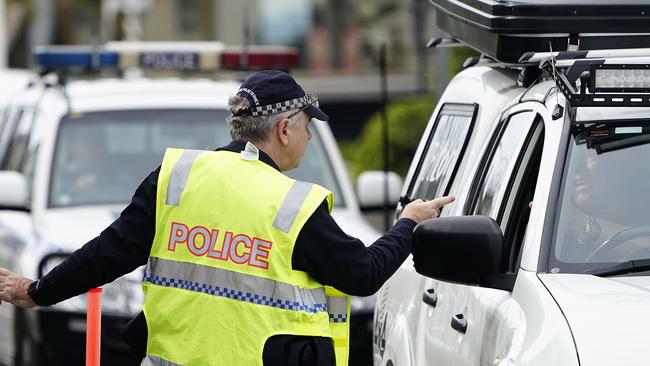
“People I have been working with for quite some time now are reporting an increase in symptoms they initially presented with. If it was depression there is a return of depression. If it was anxiety that has also returned.
“The situation has become a bit of a perfect storm, a high-pressure scenario with both relationships and work.”
Dr Dhaliwal said with natural disasters there was a defined end. However, COVID-19 had led to further uncertainty.
“Often what happens after a natural disaster, there is an initial state of confusion and vulnerability, then there is a point where it is over.
“With coronavirus, no one knows how long you need to put your life on hold or when you should make a major decision.
“Economic uncertainty reduces people’s choices – where they live, what they eat and do. People are fearful of where their next pay cheque will come, which raises anxiety and has knock-on effects like depression and substance abuse.”
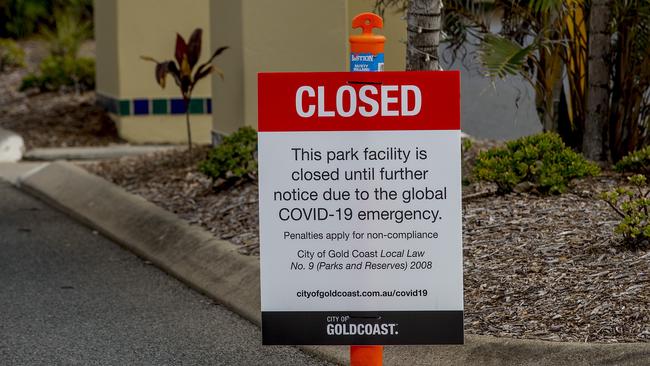
National mental Health Charity SANE Australia said any mental health response must go hand-in-hand with financial aid.
“We do know that when there are periods of high unemployment and economic recession can lead to poorer health outcomes in the community unfortunately can lead to suicide,” Deputy CEO Dr Michelle Blanchard said.
“This is not inevitable, if we can ensure people have the best opportunity to re-enter the workforce as soon as they can and ensure adequate safety nets are in place for them in the mean time.”
The organisation said work also needed to be done to further fund mental health services at the anticipated increase in demand.
“These services are often underfunded to start with,” Dr Blanchard said.
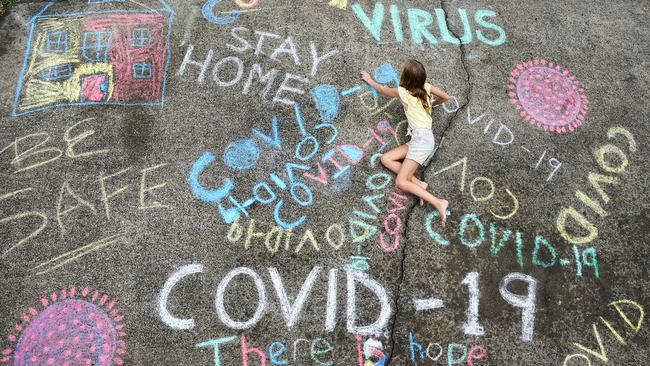
“Certainly in areas where the economy relies on tourism and a relatively young workforce we are likely to see a larger impact on mental health.”
Currumbin Clinic chief executive Kate Cross said the private mental health facility had an increase in admissions and inquiries and “we are going to see the impacts of COVID-19 restrictions for months to come”.
“I think we’re seeing more information around the impacts on people’s mental health, but I don’t think mental health considerations are being considered as much as they should be.”
Last month, the Federal Government pledged $48.1 million to support mental health as a result of the coronavirus pandemic. It will focus on three areas including improving research and real-time data on the mental health impact of COVID-19, supporting accessible services for vulnerable groups.
NEED HELP?
Lifeline: 13 11 14
Beyond Blue: 1300 22 4636
Suicide Call Back Service 1300 659 467
Kids Help Line 1800 55 1800
Originally published as Southport Private Hospital has invested $8 million into its mental health services at Gold Coast battles spike in demand

